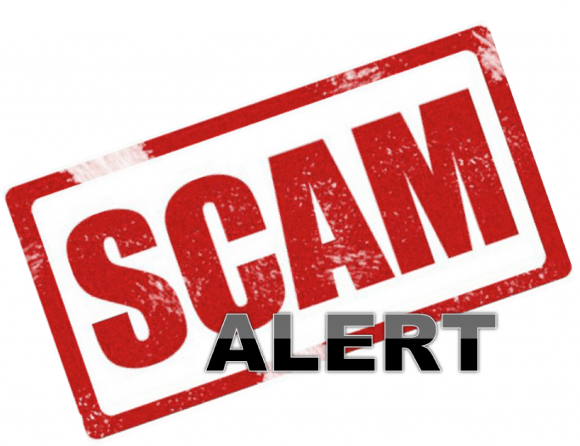
JAMESTOWN, N.D. (NewsDakota.com) – Scammers are using the names of two prominent companies to conduct scams.
Scams circulating involve companies such as Amazon and Apple, trying to convince victims of unverified purchases.
“They will try to convince you that you have an unverified purchase in a large amount and that to clear it up you need to download a screen sharing app for your cell phone for them to gain access to get it fixed,” Dakota Central stated in a release. “They may call multiple times a day and instruct you to ‘press 1’ if you think it’s a mistake, which they will then transfer you to another ‘representative’ to obtain your information.”
Users are encouraged not to respond to the message or call any number associated with this scam.
“The scammers are ultimately trying to steal your personal information, account passwords or credit card numbers,” they added. “If you receive one of these calls from someone claiming to be a representative, hang up and call the company on a phone number you know is legitimate. If the caller is pressuring you or creating a sense of urgency, they are probably a scam artist.”
Other tips to keep in mind:
· Never give anyone remote access to your devices unless you contacted the company first (using its real number). If someone tells you to give remote access to get a refund, it’s a scam.
· Don’t always believe caller ID in these situations. Scam artists can spoof caller ID numbers and may appear to be calling from a legitimate company, when they are not.
· Never give your credit card information to someone that has called you claiming to be a representative. If you are being pressured into downloading an app or service, hang up.
· Talk about it. If you’re getting these messages, so are people you know. Help them avoid the scam by sharing what you know.
You can also add your phone number is on the National Do Not Call Registry (call 1-888-382-1222 or visit donotcall.gov) and report any illegal calls that you receive.
To file a complaint with the FTC, go to ftc.gov/complaint. For more information on this type of scam and others, visit https://consumer.ftc.gov/articles/phone-scams.
